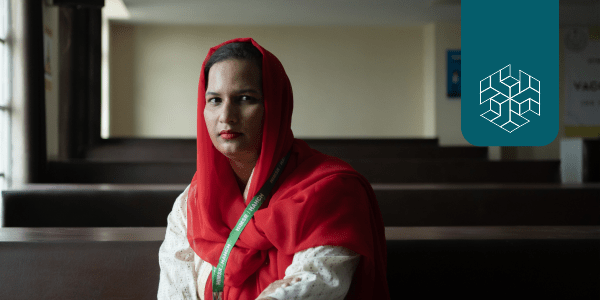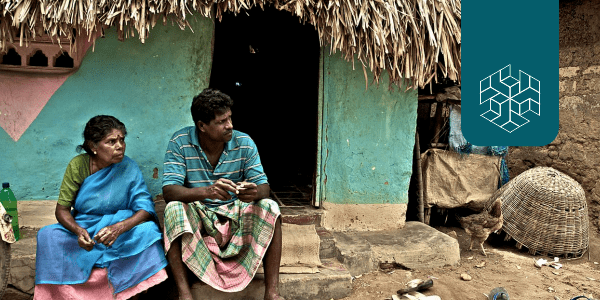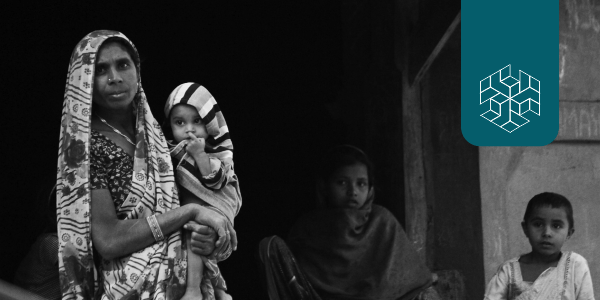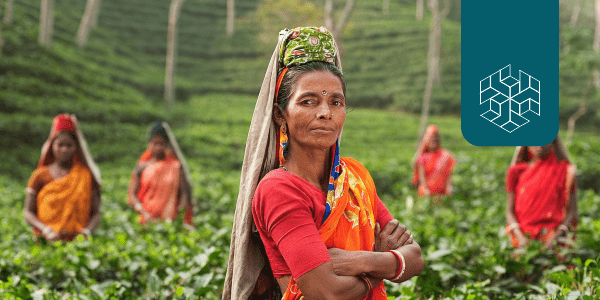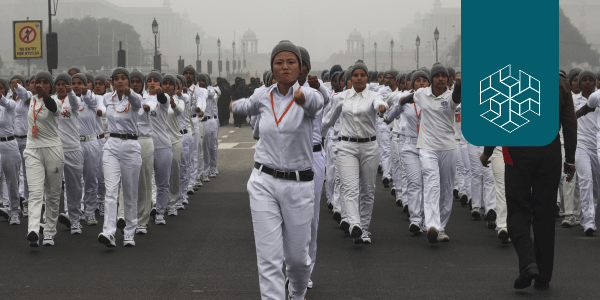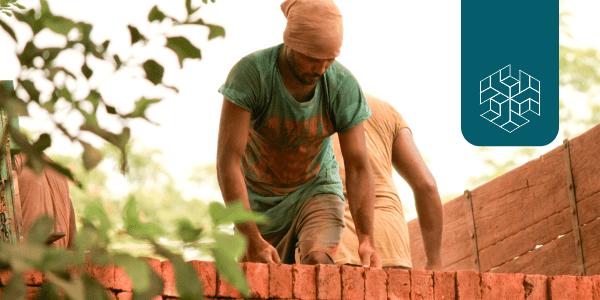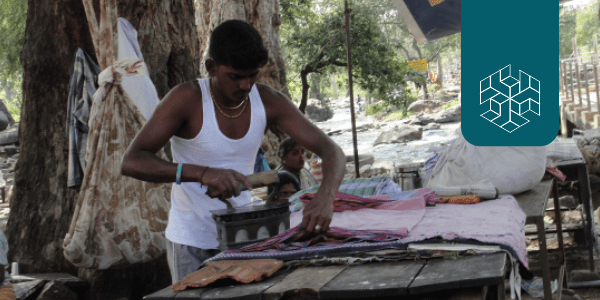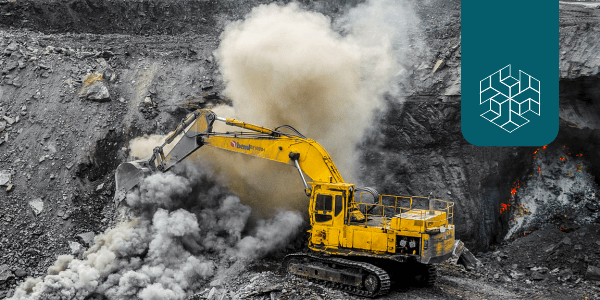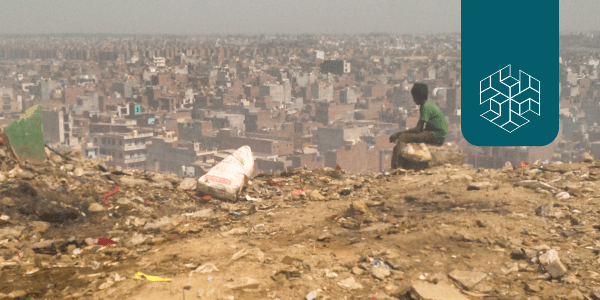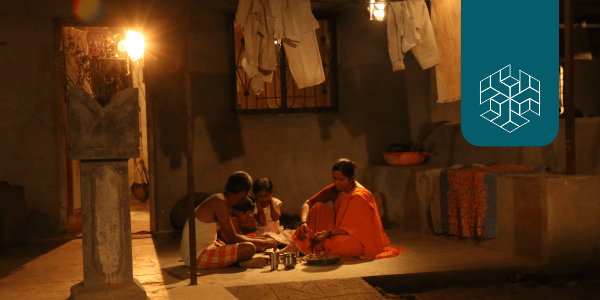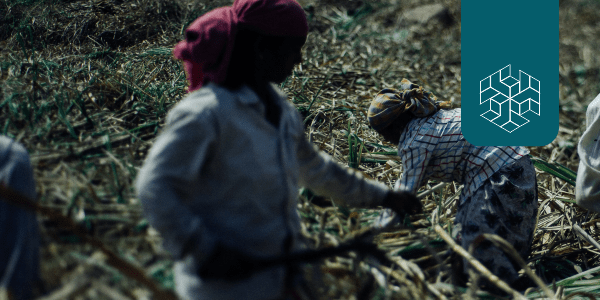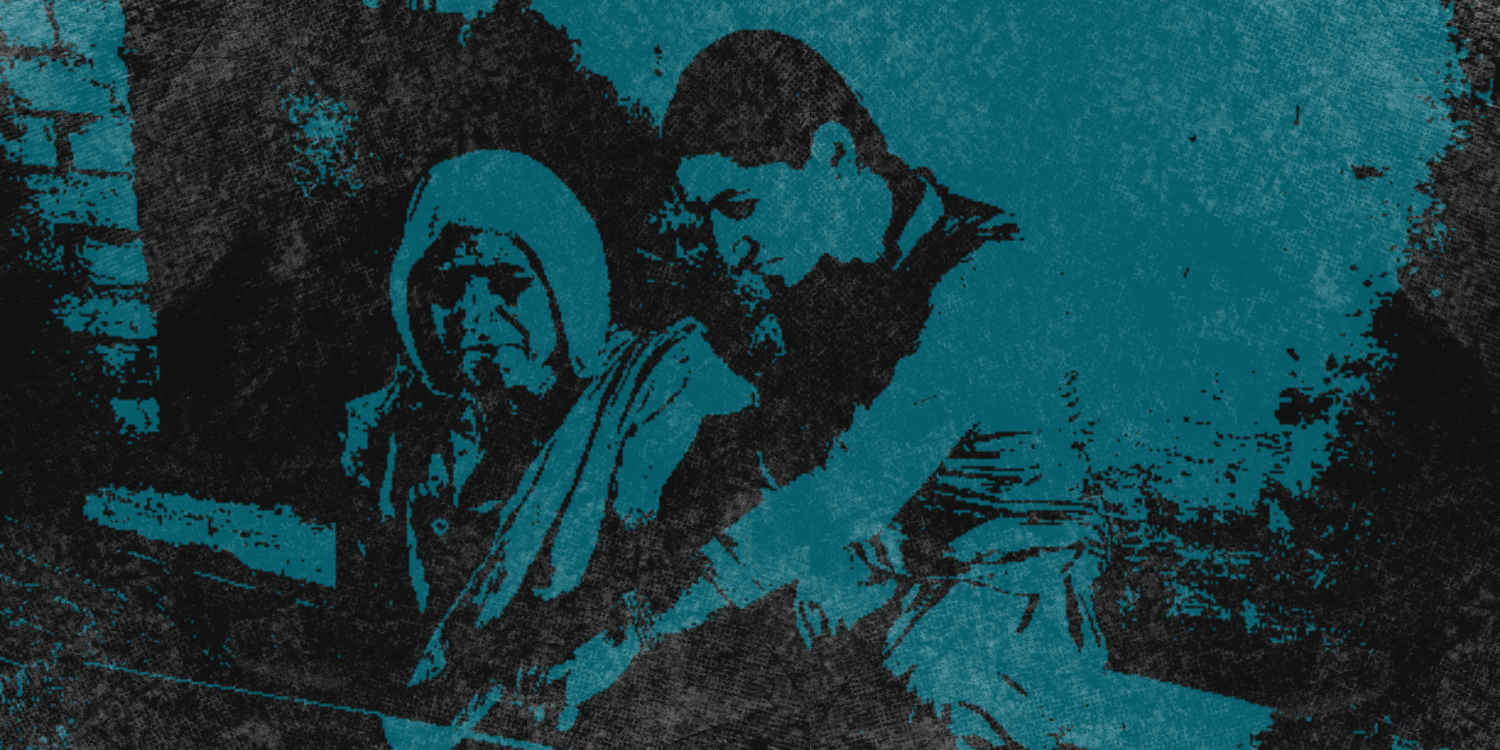
Women’s Financial Inclusion in Digital India: Need for Gender Thrust
ABSTRACT Women’s financial inclusion improves their agency while also impacting their growth and productivity. With the advent of Digital India, the term ‘financial inclusion’ has been highly associated with digital financial services. The Covid-19 pandemic may have propelled the adoption and usage of technology and expedited India’s digital transformation. The goal of making financial services […]


